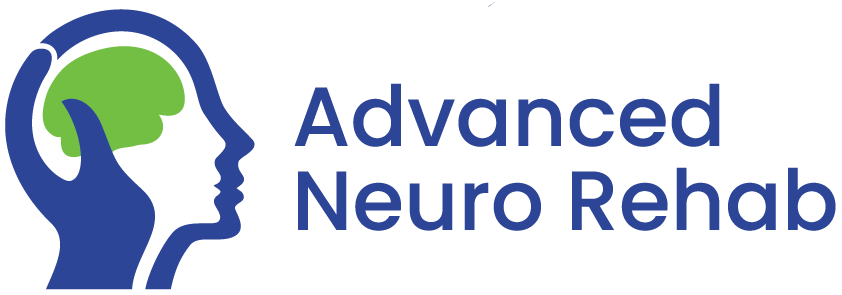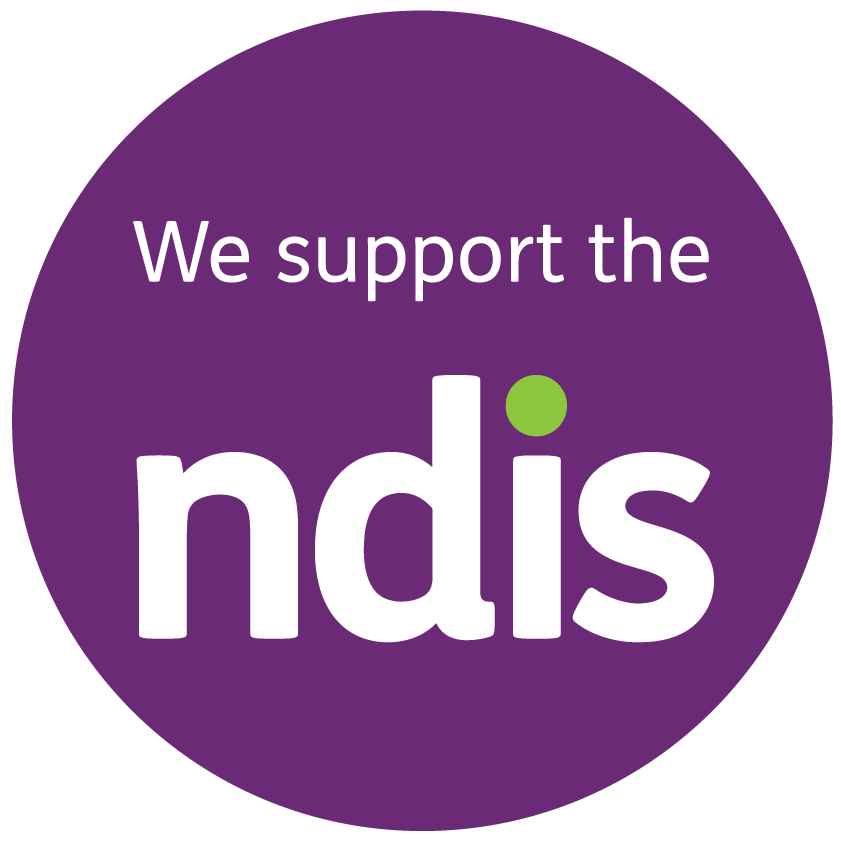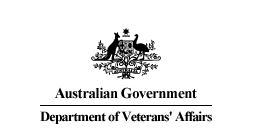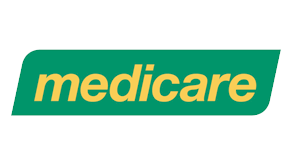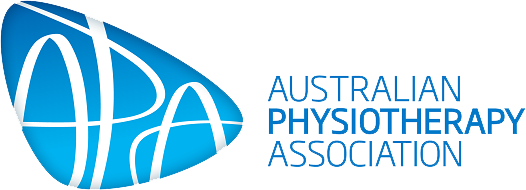
Neurological Physiotherapy
Bell's Palsy
Bell’s Palsy is the loss of movement on one side of the face due to weakness or paralysis when the facial nerve becomes inflamed or is damaged. Recovery is variable, it can be spontaneous or it can take several months.
Weakness or paralysis can appear as
- drooping of the eyelid
- inability to close the eye
- reduced tear production
- reduced lubrication of the eye
- difficulty making all facial expressions
- drooping on one side of the mouth
- drooling
- difficulty eating and drinking
- loss of taste
- headache or pain on the affected side.
Neurological Physiotherapists can assist with education, providing advice, strategies and support during recovery and, reduce secondary complications such as muscle tightness and pain. Gentle, progressive exercises can improve the precision of muscle activation and reduce compensatory strategies that may occur as muscle function returns.
Early intervention is aimed at maximising and accelerating recovery from Bell’s Palsy. Facial muscles (just like any other muscles) require various sensory inputs to learn skilled movement again, in addition to strengthening and prevention of stiffness and contracture. It is very important to direct the movement recovery so that unwanted and involuntary facial and eye movements do not occur.
